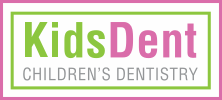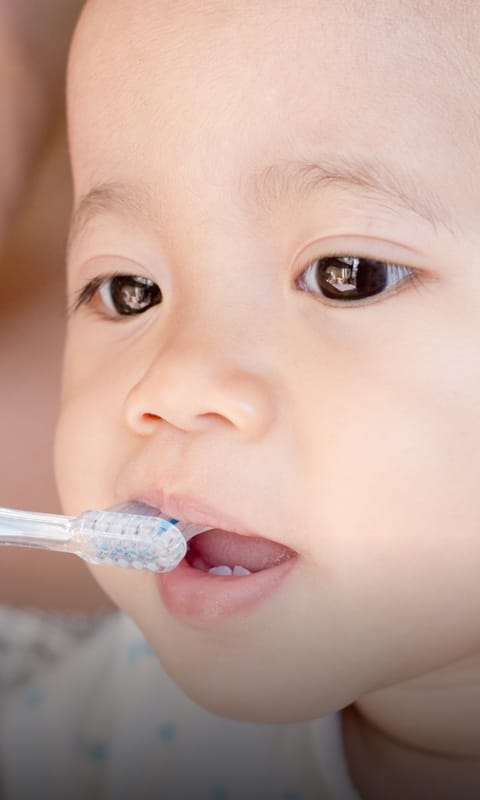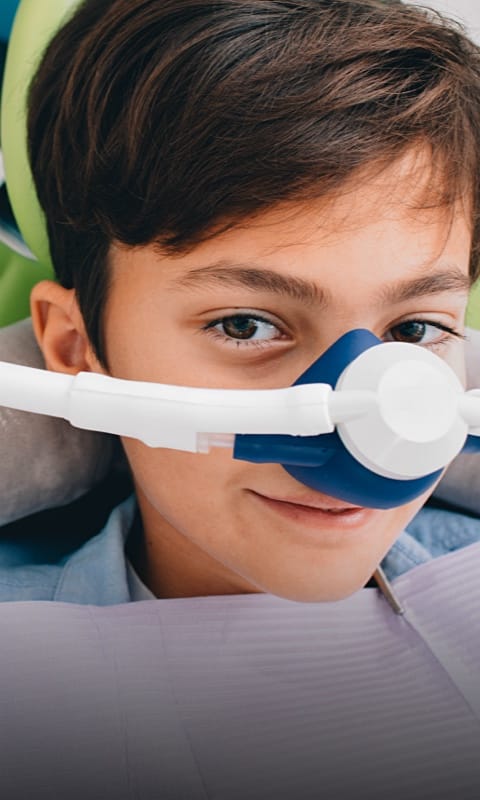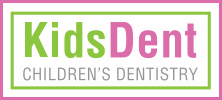Build a Strong Foundation for Oral Health
Even before your baby has teeth, it is important to care for their mouth and gums. Caring for their gums helps create a clean space for their baby teeth (also known as primary teeth) and permanent teeth to come in, and fosters strong oral hygiene habits from a young age.
We recommend parents bring their children to us for their first oral health exam when their first tooth erupts or by their first birthday, whichever comes first. It is still essential to care for your baby’s oral health from the day they are born.
For strategies on caring for your infant’s dental health or to book an appointment, please call us today.

When to Expect Your Child’s Teeth to Come In
Your baby is born with all their baby teeth (also known as primary teeth) already in their jaw. These teeth start to break through the gums when your child is around 6 months old. By the time they are 2 or 3, they should have all 20 of their primary teeth. However, every child is different. Some kids get these teeth earlier, while others may get them later.
Your child’s permanent teeth will usually start to erupt between ages 6 and 13, and their wisdom teeth typically come in by the age of 21.
How to Care for Your Young Child’s Oral Health
Birth to 6 Months
Caring for your baby’s oral health from infancy is important. We can also share valuable strategies on how to brush your child’s teeth when they are uncooperative. Our goal is to help you help your child prevent dental decay and foster a lifetime of good oral hygiene habits.
- Avoiding sugar intake and prolonged teeth contact with breastmilk, or other sugary liquids is especially important at sleep time.
- Wiping the gums with a moistened soft cloth is beneficial, but if teeth are present, a proper sized toothbrush should be used.
- Dipping pacifiers in honey or other sweet liquids can lead to dental decay in children of all ages.
6 Months to 3 Years
- Always clean your child’s mouth with a properly sized toothbrush twice a day.
- Ensure that the child does not go to sleep with milk or food on the teeth before sleeping.
- Avoiding sugar intake and prolonged teeth contact with breastmilk, or other sugary liquids is especially important at sleep time.
- Dipping pacifiers in honey or other sweet liquids can lead to dental decay in children of all ages.
- Caries risk (the chance of getting cavities) in some kids is higher than others (even within the same family). Chat with us about when to start incorporating fluoridated toothpaste based on their individual cavity risk level.
To brush your young child’s teeth:
- Hold the toothbrush at a 45-degree angle and point the bristles to where the gums and teeth meet.
- Use gentle circles to clean every surface of every tooth.
- Be careful not to apply too much pressure, as hard brushing can hurt the gums.
How to Help a Teething Baby
Teething is the natural process where the teeth start working their way through the gums. In most cases, teething causes minor discomfort and may be accompanied by drooling, crankiness, and irritability.
Fever, stuffiness, diarrhea, or a runny nose are not usually signs of teething. Please visit your family doctor or paediatrician if your baby develops any of these symptoms.
You can help comfort your teething baby by:
- Giving them a cold washcloth or teething ring to chew on
- Massaging the areas of discomfort with a clean finger
- Avoiding over-the-counter tooth gels unless recommended by your family doctor or dentist
If you have questions about caring for your baby’s oral health, please reach out to us today. We are always happy to help.
Visit Our Clinic
Our Address
- 270 The Kingsway, Suite #201
- Etobicoke, Ontario M9A 3T7
Contact Information
Hours of Operation
- Monday: 8:30 AM – 3:00 PM
- Tuesday: 8:30 AM – 3:00 PM
- Wednesday: 8:30 AM – 3:00 PM
- Thursday: 8:30 AM – 3:00 PM
- Friday: 8:30 AM – 3:00 PM
- Saturday: Closed
- Sunday: Closed
Why Choose a Paediatric Dentist?
For Kids

Our paediatric dentists know exactly how to make your child’s dental appointments fun and exciting while helping them build healthy, lifelong oral habits to keep their teeth strong.
Learn MoreFor Parents

Children have different dental needs than adults. Paediatric dentists undergo specialized training to give children the extra care and attention they need.
Learn More






